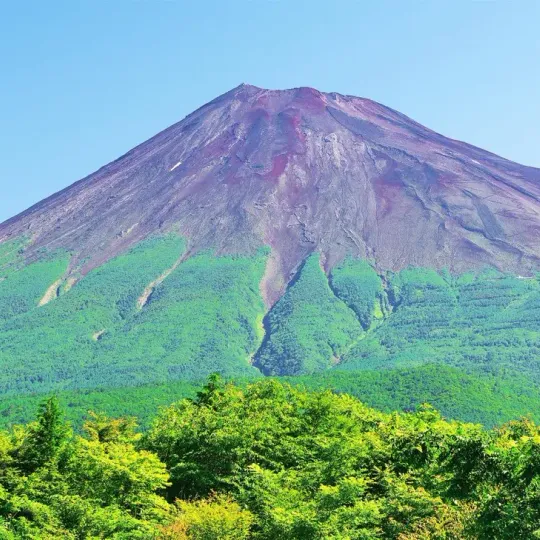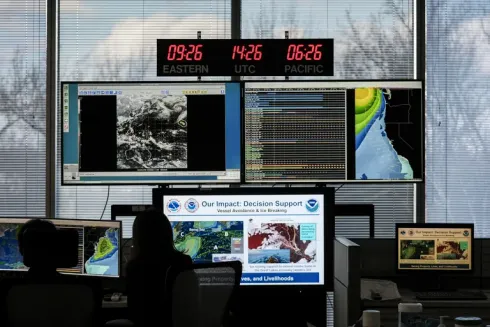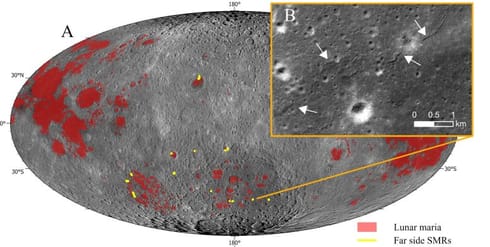
Longest No-Snow Record for Mount Fuji: Why Does It Matter?
By Ashley Liau
Japan’s Mount Fuji experienced its first snowfall on November 6, breaking a 130-year record for the longest time before the first snowfall.
Beating the previous record of October 26 occurring in both 1955 and 2016, the brief snowfall on November 6 was the latest in the year for the mountain’s first seasonal snowfall since records began 130 years ago.
The late arrival of snow follows periods of unprecedented warmth in Japan, with the average summer temperature from June to August 2024 reported to be 1.76 degrees Celsius (3.17 degrees Fahrenheit) higher than the 1991–2020 average, according to JMA weather station observations.
Mount Fuji is famous for its majestic snow-covered slopes most of the year, with the volcano’s snowcap making its appearance typically during the first week of October.
“Temperatures were high this summer, and these high temperatures continued into September, deterring cold air” which brings snow, said Yutaka Katsuta, a forecaster at Kofu Local Meteorological Office.
Despite the November 6 snowfall, NASA images show that on November 9, mere days later, this snow had already disappeared.
“This is the first time we haven’t seen snow on the mountain in November,” said Takefumi Sakaki, an official from Fujiyoshida City to The New York Times. “Everyone feels strange not seeing snow in November.”
Tomoki Tanaka is a researcher at a meteorological office about 20 miles north of Fuji and stated that while many factors likely contributed to the delayed snowfall, climate change undeniably played a role.
High ocean temperatures prompt more precipitation on the island, washing away any snowfall in the region, said Karen Prestegaard, a geology professor at the University of Maryland.
The imagery of the snowcapped peak was a prominent nationalist symbol during Japanese militarism of the first part of the 20th century and a consistent cultural thread back through their nearly 1500-year history.
In 18th and 19th-century Japan, there was even the phrase “summer Fuji,” used to describe something or someone bare or naked, such as Kabuki theater actors seen without their traditional full-faced makeup.
“When something that’s supposed to be an icon of eternal Japanese selfhood is being altered because of climate change," Dr. Timon Screech, an art historian at the International Research Center for Japanese Studies in Kyoto said. “It’s kind of like, ‘Wow, something’s really changing here.’”
Mount Fuji’s newfound snow, however, was fleeting as the white snowcap vanished within a few days.
Andrew Schwartz, an atmospheric scientist at the University of California Berkeley is concerned about the implications of global warming and climate change on other parts of the world. He worries that Mount Fuji is just the beginning.
If global emissions aren’t curbed, “a large portion of the world will have snow-free winters by 2100,” said Andrew Schwartz, lead scientist at UC Berkeley’s Central Sierra Snow Laboratory.



